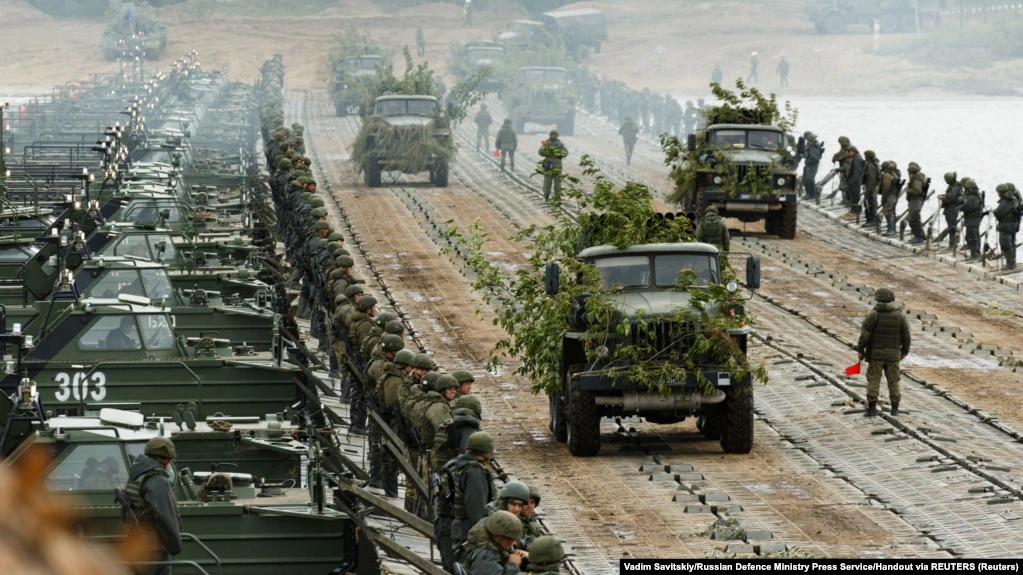
The diplomatic efforts by the Biden administration to talk Russia out of further invading Ukraine fell through last week, and 175,000 Russian troops still remain on the Ukrainian border with their rifles in their hands, ready to go in. Europe may soon descend into its largest conflict since World War II, but America’s attention is divided. While Putin threatens war, Iran is advancing its nuclear weapons program and a Chinese invasion of Taiwan grows more likely everyday.
While these crises may seem distinct, they are actually coordinated efforts to make the world safe for autocracy. Just last week, Iran and China’s 25-year security cooperation agreement came into effect. At the same time, China and Russia are growing their security ties and Iran announced that it wishes to enter into a separate security agreement with Russia. All three are using disinformation campaigns to exacerbate political divides in the free world. To put it simply, the bad guys are winning, and it is their unity that makes them so dangerous.
Thankfully, the United States has allies too—but while we all face the same threats, democratic unity has been sorely lacking. The E.U.’s most important country, Germany, is refusing to sacrifice commercial interest to face the autocratic threat as if uniquely naive to Russian aggression. Meanwhile, Japan and South Korea have yet to get over century-old disputes, and the French still boil with anger over the Australian-Anglo-American security pact.
Divided like this, we’re all left to struggle against autocracies that are united against us. Of course, it doesn’t have to be this way. Against the autocratic network, all freedom-loving nations must unite to create their own parallel network of democracies.
This situation demands action, and the good news is democracies are already aligning. Despite the pressure and threats from China, Baltic governments are strengthening their ties with Taiwan. Cooperation among Asian democracies is increasing quickly. European democracies are similarly uniting to arrest the growth of autocratic, populist movements in the West. While this collaboration is promising, it must be more formal.
If Russia decides to invade Ukraine beyond Crimea and the Donbas, there must be a collective democratic response to punish it, organized by the United States. This struggle is about ideology as much as anything, since Putin, Xi, and Khamenei are invested in the failure of democracy. It is only natural that there needs to be a collective democratic effort, a coalition, to make sure that they fail, and democracy and democracies remain triumphant. As democratic countries align on specific interests, they must go further and unite in their commitment to resisting authoritarianism more broadly. With our enemies united against us, we can’t pretend that we have another choice.



